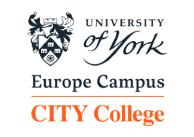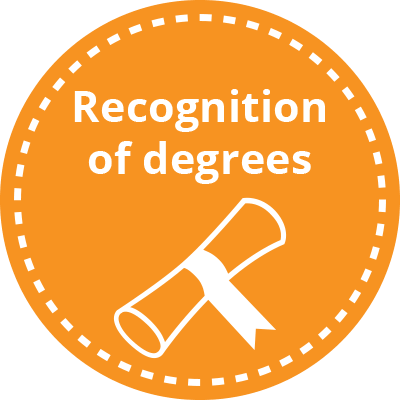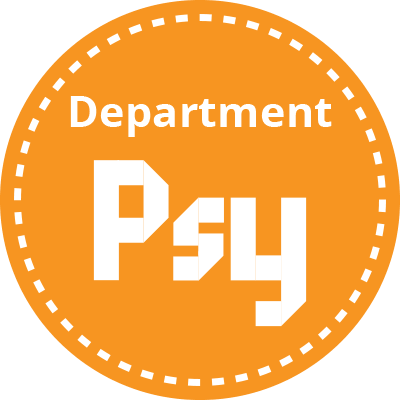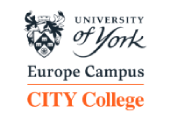Cognitive Neuropsychology - MSc
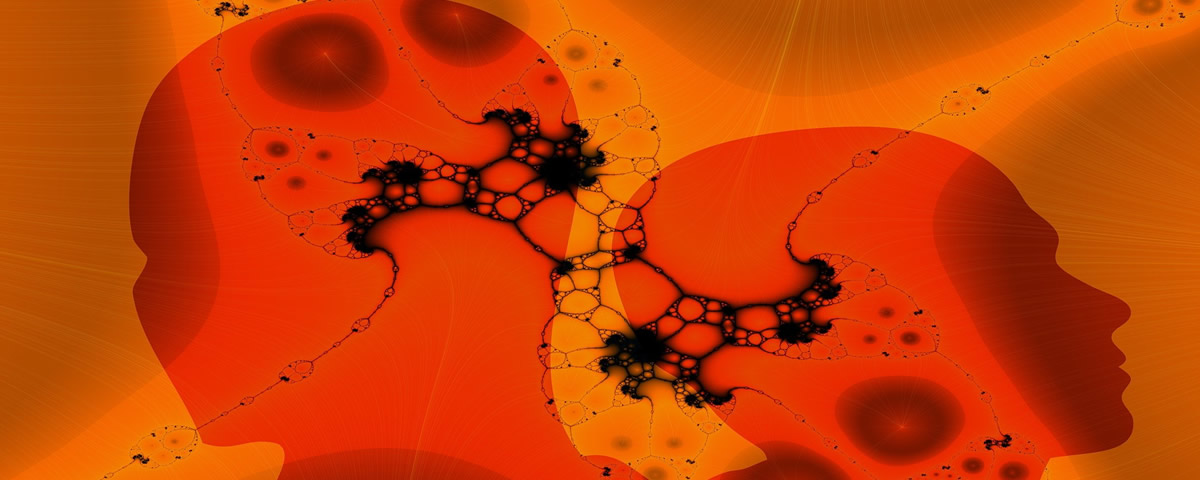
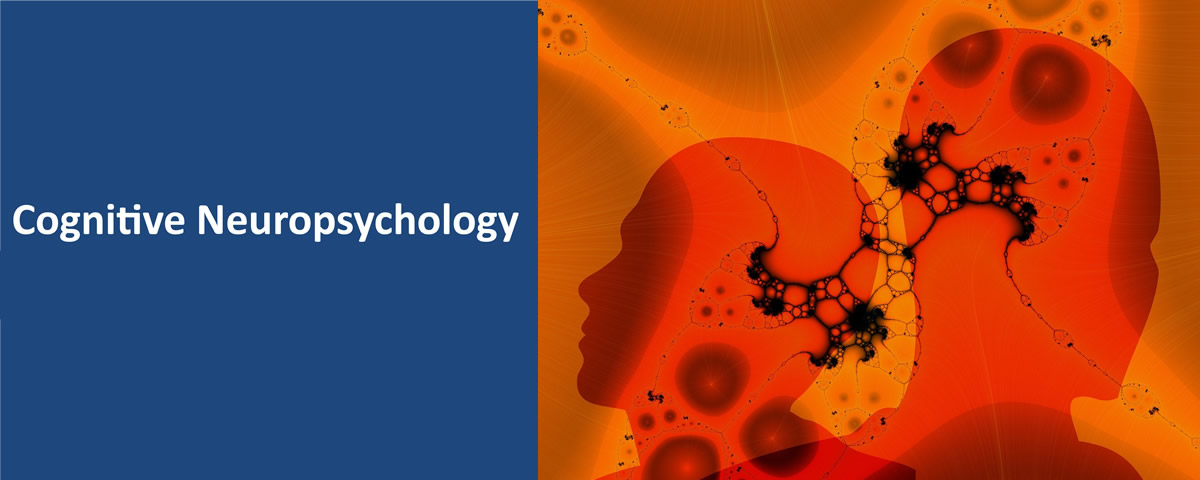
Degree title: The title of Master of Science in Cognitive Neuropsychology is awarded directly from the University of York
Duration: 1 year (full time) or 2 years (part time)
Mode of delivery: Classes take place on weekday evenings
Language of instruction: English
Fees (Scholarships)
We encourage you to take advantage of our Scholarships scheme to save on tuition fees and secure your spot.
For more information, please fill in the form above or call us at (+30) 2310-224026.
The programme
The MSc in Cognitive Neuropsychology is a research-oriented degree that provides strong theoretical background, as well as advanced research skills, supporting students to further pursue a research career or a PhD in the fast-developing fields of Neuropsychology-Neuroscience. The programme focuses on the understanding of behavioural and cognitive deficits that follow brain damage in clinical populations, such as individuals with neurodegenerative disorders (e.g. different types of dementia and multiple sclerosis), epilepsy, tumor, stroke, traumatic brain injury, etc., as well as children with neurodevelopmental conditions. Besides an advanced coverage of core areas in Neuropsychology – Neuroscience, the programme includes modules focusing on themes in the frontiers of scientific research (e.g. Applied Neuroscience). Students also receive training in specialized neuropsychological assessment procedures and neurophysiological data processing. The programme offers its graduates the opportunity to get a postgraduate British University degree and acquire advanced research skills, in the context of a Dissertation project in Neuropsychology – Neuroscience that runs in parallel to the taught programme, under the supervision of specialized staff.
The programme is open to bachelors graduates from any related discipline.
Classes take place on weekdays during afternoon hours.
What will I learn?
Students learn about the relationship between the brain and human behaviour. Also, our students will learn how personalized intervention programmes are developed and implemented for patients with brain injury and neurological disorders.
This is an English taught Master’s programme on Cognitive Neuropsychology (with a dissertation) that gives its graduates the opportunity to get a postgraduate British University degree and acquire research experience on Cognitive Neuropsychology. This is a research-oriented degree that will provide strong research skills in Neuropsychology allowing students to further pursue a PhD in Neuropsychology.
Why choose this course?
-
Degree from one of the world’s top universities, the University of York.
-
Degree recognition & career. Graduates with a Bachelor in Psychology, who continued their studies to Masters level and have been awarded our MSc in Cognitive Neuropsychology can work as assistant psychologists in relevant clinical settings in the UK. They can also work in any European country as licensed psychologists, once they go through the necessary accreditation procedure as set by their country of residence. Greek speaking graduates can also work as a licensed psychologist in clinical settings in Greece, after completing the accreditation procedure via ATEEN.
-
The programme can provide you the necessary specialized skills for seeking employment in health care as a psychologist (for the license holders), assistant psychologist (for non-licensed graduates) or as a rehabilitation specialist in relevant clinical setting.
-
Excellent career prospects. Graduates may also choose to pursue careers in various clinical settings and rehabilitation centres or proceed to PhD studies in a variety of areas. This course can also be an intermediate step before entering a Doctorate in Clinical Psychology Programme.
-
Neuroscience Lab - one of the few in Northern Greece, our Department has an equipped Neurofeeback and EEG Lab in the premises. The students can use innovative laboratory technologies featuring advanced equipment and resources for their Dissertation Project.
-
Great emphasis on neuropsychological assessment. Hands-on training in neuropsychological assessment methods and cognitive rehabilitation approaches. Every programme module includes active learning techniques, including role-playing, case studies, and think-pair-share.
-
A research-led programme. Students are highly involved in academic research, in the context of their dissertation, as well as their participation, as assistants, in on-going projects, conducted in our labs and/ or Rehabilitation Centres, Clinics, Associations, and other clinical settings. All of these internship opportunities can provide specialist experience and knowledge, such as learning to collect EEG and heart rate variability data.
-
Emphasis on scientific research. Includes modules focusing on topics in the frontiers of scientific research (e.g. Applied Neuroscience).
- A pathway to a successful career in Europe and abroad.
More reasons why:
-
Learning environment with a wide range of support services available to students.
-
Free participation in sports and clubs activities.
-
Events with well-recognised psychologists. Students attend events, seminars and workshops by psychologists who share their expertise.
- Our state of the art library, the Information and Learning Commons (ILC) fully supports our students’ study experience.
- Fundamentals of Neuropsychology
- Introduction to Research Methods
- Neurodevelopmental Disorders
- Neuropsychological Disorders of Attention and Perception
- Neuropsychological Assessment and Rehabilitation
- Neuropsychology of Memory and Dementias
- Research Methods
- Applied Neuroscience
- Dissertation
Fundamentals of Neuropsychology
This module covers the main research areas and methods used in investigating brain structure and function. The module will provide with sound knowledge in brain structure and function both at the macro and micro level (cellular, molecular); and the relationship between brain structure and function and mental processes. The module will also introduce basic principles and mechanisms of brain recovery after head traumatic injury and stroke. Finally this module will also introduce methods in neuroscience, in particular imaging methods (EEG, fMRI etc), cases studies, and applied clinical neuroscience (e.g., neurofeedback, TMS, tDCS etc.). ![]()
Introduction to Research Methods
This module covers in detail the practice of research methods in neuropsychology, with particular attention to the opportunities and challenges that neuropsychologists face in applying the methods of science to the study of human behaviour. A great emphasis will also be given to the ethical issues in research methods. The first half of the course will provide an introduction to research methods, and more specifically the research process. The second half of course will be comprised of workshops where students can explore practical problems/issues in relation to research. This module is designed to cover both quantitative and qualitative methodologies equally. Students will be exposed to the issues and decision-making processes that a researcher must respond to effectively address research questions or ideas. ![]()
Neurodevelopmental Disorders
The module introduces students to the main issues surrounding the aetiology and symptomatology of neurodevelopmental disorders. Extensive reference will be made to neurodevelopmental disorders, such as autism spectrum disorders, fetal alcohol syndrome disorder, motor disorders ( tic disorders and Tourette syndrome), traumatic brain injury (cerebral palsy), communication, speech and language disorders, genetic disorders (fragile-X syndrome), Down syndrome, Williams syndrome and Attention-deficit hyperactivity disorder. Special attention will be paid to the changes that have been made in DSM-V criteria and the impact that it has on the diagnosis and prevalence of neurodevelopmental disorders. Differential diagnoses and comorbidity issues will also be discussed. Finally, individualized intervention methods will be explored in various neurodevelopmental disorders. ![]()
Neuropsychological Disorders of Attention and Perception
This module aims presenting in depth theory, assessment and rehabilitation of attentional and perceptual disorders that follow brain lesions due to traumatic head injury, stroke, coma and substance abuse. To do so, the module will discuss the latest advancement in our knowledge of the brain and cognitive mechanisms underlying the perception of object, faces and space, and visual attentional phenomena. This module will bring together the latest findings in behavioural, imaging, and genetic research with the techniques employed, and the evidence acquired, in clinical practice. The module will also discuss issues related with the development, normalization and validation of specific tools to assess perceptual and attentional function in brain-damaged patients. It will also give the opportunity to gain some practical knowledge of neuropsychological assessment. Finally, the module will introduce novel, non-pharmachological, methods of enhancing cognitive function such as non invasive brain stimulation with TMS (Transcranial Magnetic Stimulation), tDCS (transcranial Direct Current Stimulation), and the CT (Cognitive Training) approach. ![]()
Neuropsychological Assessment and Rehabilitation
The module equips students with knowledge on standardized neuropsychological assessment procedures and the ability to conduct complete neuropsychological assessments for patients, including chart review, clinical interview, test administration and scoring, interpretation and report writing, and patient and family feedback. Reference will be made to biological measures (e.g., MRIs, EEGs) that should be taken into consideration for a thorough assessment, while particular emphasis will be placed on ethics. Issues in assessing people from other cultural and linguistic backgrounds will also be discussed. On a broader level, students will be taught to be critical consumers of the neuropsychological literature. Students will also obtain significant research-lead knowledge on treatment and rehabilitation techniques (such as brain stimulation) that integrate the results of the neuropsychological assessments. ![]()
Neuropsychology of Memory and Dementias
The present module aims at combining cognitive, neuropsychological, and neurobiological approaches in order to provide students with advanced theoretical knowledge in the domain of neuropsychology of memory dysfunction and its assessment. Specifically, students will be presented with knowledge on the relationship between brain function and structure and specific memory impairments, dysfunctions, and disorders, in relation to brain injury, illness, and aging. Emphasis will be placed on the discussion of amnesia and dementia types, the underlying neuropathology and the relevant treatments. Students will conduct neuropsychological evaluations in class, and learn cognitive strategies and diagnostic checklists that help lead to better clinical decision-making. The latter, aim at training transferable skills required for those who wish to pursue a research-oriented career within cognitive neuropsychology or a clinically oriented career in neuropsychology. Ethical challenges in neuropsychology with also be considered during the lectures. ![]()
Research Methods
This module entails the practice of research methods in Neuropsychology, with particular attention to the strengths and weaknesses of both quantitative and qualitative methodologies. The course is organised along two dimensions; qualitative and quantitative. Five sessions will be dedicated to quantitative methods and analyses and five to qualitative methods and analyses. The course will be based on workshops by using specific examples and/or data collected by the students. A member of the academic staff will assist each workshop that is related to their research experience and expertise. The aim is for students to be able to make appropriate methodological decisions and carry out independent research and data analysis. ![]()
Applied Neuroscience
The module provides students with a comprehensive and integrated exploration of the techniques needed to apply their neuroscientific knowledge to real world settings. More specifically this module is going to teach the fundamentals of the current neuroimaging techniques (MRI, MEG, EEG, NIRS) giving a special focus on electroencephalography (EEG) where the students will gain so theoretical knowledge, as hands-on experience. This will be achieved through a combination of lectures and tutorials, while NEUREC, will gives us the potential to provide opportunities for students to develop specific interests in various neuroscientific fields. ![]()
Dissertation
Students will have to submit a dissertation indicating the ability to perform independent research in the area of Cognitive Neuropsychology. Supervision will be provided by a member of staff of the Department of Psychology. ![]()
Entry requirements
View the application and admission requirements of the programme.
How to apply
If you wish to apply for this programme you may view details of the application process.
Any questions?
If you'd like to know more about this programme, contact our Admissions Team at
admissions
The Psychology Department of CITY College, University of York Europe Campus has excellent reputation due to the high quality of teaching and research. Our academic staff is strongly committed to excellence in research and in teaching at both undergraduate and postgraduate level. Teaching is informed by the latest scientific research and cultivates development of critical thinking, self-development, and academic and professional ethos. Most of the academic staff hold a PhD degree, have intensive research activity and significant professional experience.
More about the Psychology Department
Research at the Psychology Department
Recognition and Careers
Accreditation and Recognition
CITY College is strongly committed to quality education and academic excellence. It is officially accredited and recognised by top international accreditation bodies. Read more
Degree and formal qualifications
The degree and formal qualifications our graduates receive.
For Greek graduates only: Recognition of degrees
Career opportunities
Our MSc in Cognitive Neuropsychology responds to the increased demand for research oriented neuropsychologists in the EU counties, and particularly in South East Europe. Importantly, this program helps students develop general critical, research, analytic and problem-solving skills that can be applied in a wide range of settings.
Graduates with an MSc in Cognitive Neuropsychology may pursue careers and become employed in various research settings or pursue further studies in Clinical Psychology/Neuropsychology. The MSc in Cognitive Neuropsychology provides the opportunity to work in multidisciplinary environments, either research-oriented, or industry-oriented, such as Neuromarketing research. Also our MSc can be a stepping stone to pursue a PhD in Neuropsychology.
Career, Employability and Enterprise Centre
The Career, Employability and Enterprise Centre, focuses on helping students to set attainable career goals. It offers advice on CVs and cover letters, and on how to effectively handle job interviews. Through career fairs, and different internship programmes, the department aims at constantly bringing students in contact with prospective employers.
Every spring we organize the Annual Career Fair presenting with an opportunity to get a first feel of job seeking. During the event students and alumni have interview opportunities with corporate recruiters and present their skills and abilities to potential employers. Large companies, organisations and multinationals from different industries across S.E. Europe participate every year in our Career Fair and offer employment and internship opportunities to our students and graduates.
More about our Career Services.
Contact the Career, Employability and Enterprise Centre at careers@york.citycollege.eu
Extensively experienced and highly qualified, all staff members are committed to delivering our programmes in line with the UK standards of quality and at the same time they facilitate and sustain a critical engagement, with an insight and a broader perspective incorporated in all learning, teaching and assessment methods.
 Message from the the Head of the Psychology Department
Message from the the Head of the Psychology Department
“I am really proud to be part of the particular team of people. Highly skilled and with diverse specialties they are primarily focused on our students and their development. With an authentic interest in people and an inclusive attitude, we can make all of our students succeed and thrive in any highly demanding environment.”
Dr. Suzie Savvidou
Head of the Psychology Department
The academic staff & administration staff of the Psychology Department
